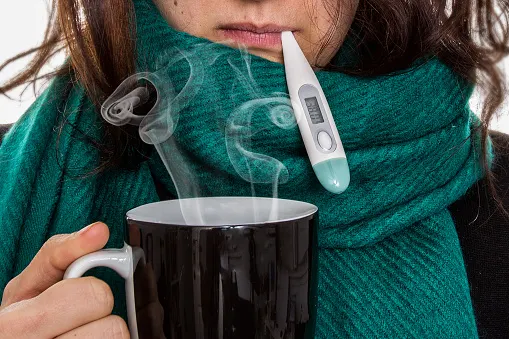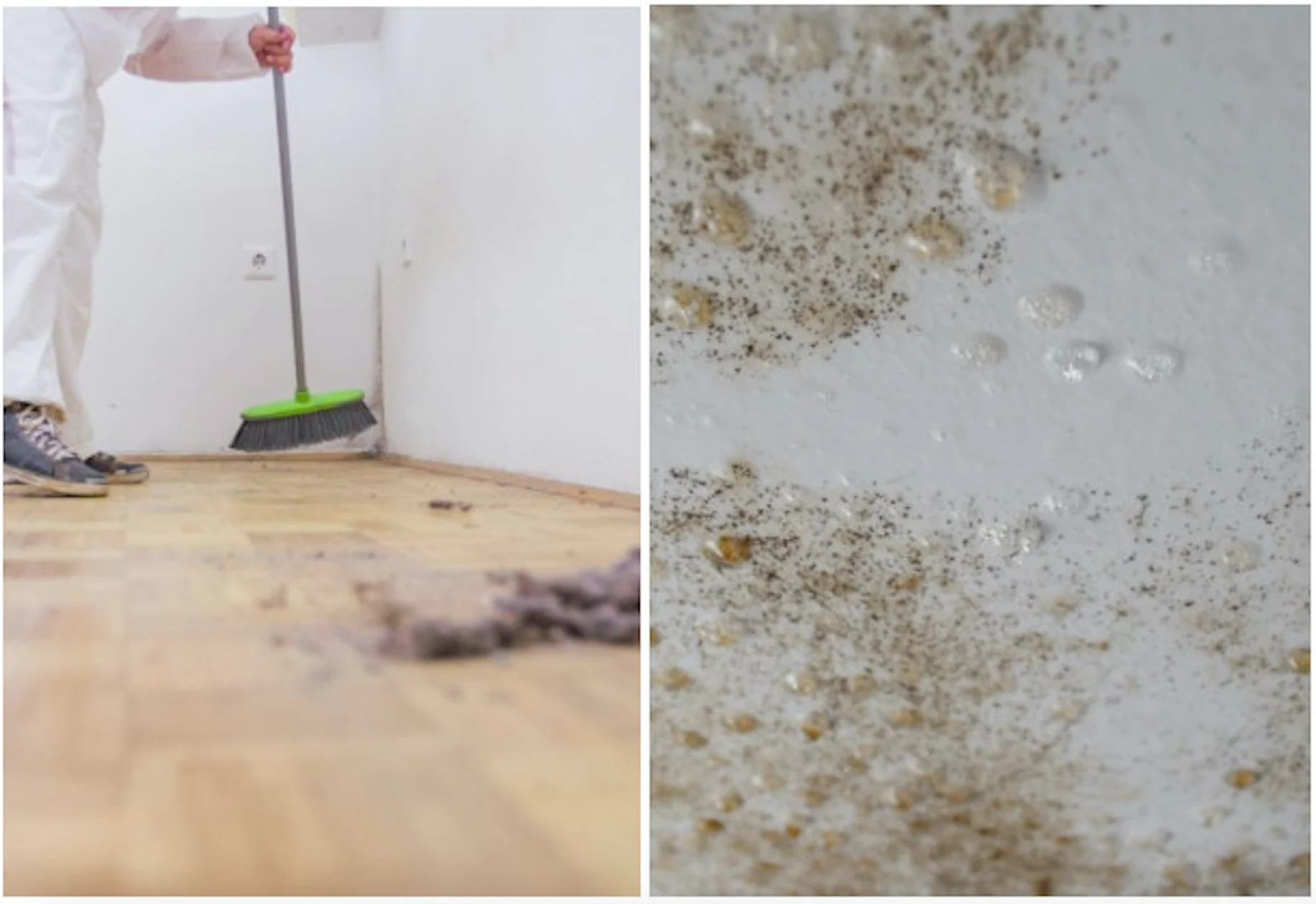
Add this to your air and cut your chances of catching a virus
Why boosting moisture can help you stay well.
Adding humidity into the air you breathe could limit your chances of catching a virus.
Industry professionals have come up with a few reasons as to why.
Firstly, "particles that are expelled during a cough or a sneeze can get caught in water particles when the air is humid. Once these particles are inside the water droplet they fall to the ground more easily. When the air is cold and dry, these virus particles can break apart into smaller pieces and spread a little further," says pharmacist Victor Wong.

Pharmacist Victor Wong. Image: Rachel Schoutsen.
Essentially, the moisture in the air is trapping the virus and gravity is helping to bring that virus down the ground, where you are less likely to come in contact with it.
Another theory is just the fact that viruses are more adapted to thriving in cooler, drier conditions.
"At higher relative humidity, let's say 40 per cent or so, the virus survivability is reduced," says Dr. Ray Copes, Chief of Environmental and Occupational Health in Ontario. "I guess the virus is better adapted to survive in a drier environment than a moist one," he explains.
"If you look at people, we are better adapted to survive in some conditions than others. For something like temperature we know that the risk of death increases as temperature gets too cold or too hot. And viruses are a far less sophisticated form of biology than we are. So the fact that the environment can have a fairly dramatic effect on their survival is not that surprising."

Dr. Ray Copes, Chief of Environmental and Occupational Health in Ontario. Image: Rachel Schoutsen.
Studies have tested classrooms with increased humidity, and the more humid classroom had better attendance since flu-related absenteeism dropped by 66 per cent.
Researchers at the Centre for Disease Control and Prevention tested this method. Their findings concluded that, at humidity levels of 23 per cent, about 75 per cent of virus particles were still intact up to one hour after a cough released them.
When humidity levels were increased to 43 per cent, only 14 per cent of the virus was still able to infect after an hour of being released.
For those looking to cash in on this simple household trick, you need to understand that there is a sweet spot when it comes to humidity.
"You don't want too much, and you don't want too little. It's important to use water vapours versus a droplet. And you never want to over-humidify as this can increase your chances of mould or dust mites," says Dr. Copes.

Striking a balance between too high and too low humidity is vital. Image: VideoBlocks.
Through many studies and opinions, it seems that 40 per cent humidity is what people should aim for to find that "sweet spot."
Overall, humidity may help us decrease the spread of a virus however, the best way to ensure you avoid getting sick is by getting immunized, practicing good hygiene, and avoiding other sick people.
Sources: LiveScience | BioRix | Plos | CTV News |










